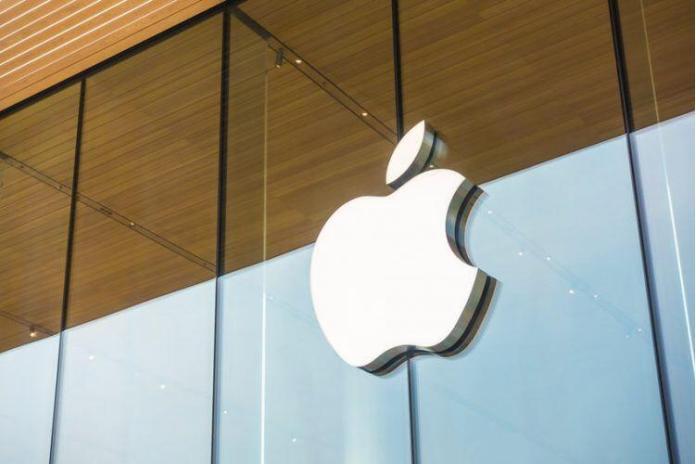When you purchase through links on our site, we may earn an affiliate commission. This doesn’t affect our editorial independence.
Indonesia and Apple Inc. have agreed on terms to lift the country’s ban on iPhone 16s, according to people familiar with the matter, paving the way to end a five-month standoff that forced the US tech giant to raise its promised investment in the country to $1 billion.
The Ministry for Industry, which is responsible for enforcing the ban, is set to sign a memorandum of agreement with Apple as soon as this week, according to people familiar with the talks, who requested anonymity while discussing private matters. A press briefing will also be held, the people said, adding the ministry intends to issue a permit allowing iPhone 16 sales as soon as possible.
The deal concludes a battle that started in October after Indonesia refused to issue a permit for the sale of Apple’s latest device, citing a failure to comply with domestic manufacturing requirements for smartphones and tablets. Apple then pledged to invest $1 billion in Indonesia, an offer President Prabowo Subianto directed his ministers to accept. However, the Ministry of Industry last month unexpectedly upheld the ban as it sought better terms.
On top of the $1 billion investment, Apple will commit to training locals in research and development on the company’s products so they can then develop similar software and design their own goods, the people said. They added that the move is set to placate the government, which has been pushing Apple to set up R&D facilities in the country.
The people also mentioned that apple has no immediate plans to start making iPhones in the country.
While both sides have agreed to the terms of the ban being lifted, Indonesia has backtracked on decisions before and the deal could still fall through.
Apple and Indonesia’s Ministry of Industry didn’t immediately respond to requests for comment.
While January’s last-minute scuppering of the deal came as a surprise, talks had continued to progress positively, the people said. Last week, industry minister Agus Gumiwang Kartasasmita announced Apple had settled a $10 million debt to the government for not complying with local rules between 2020 to 2023.








